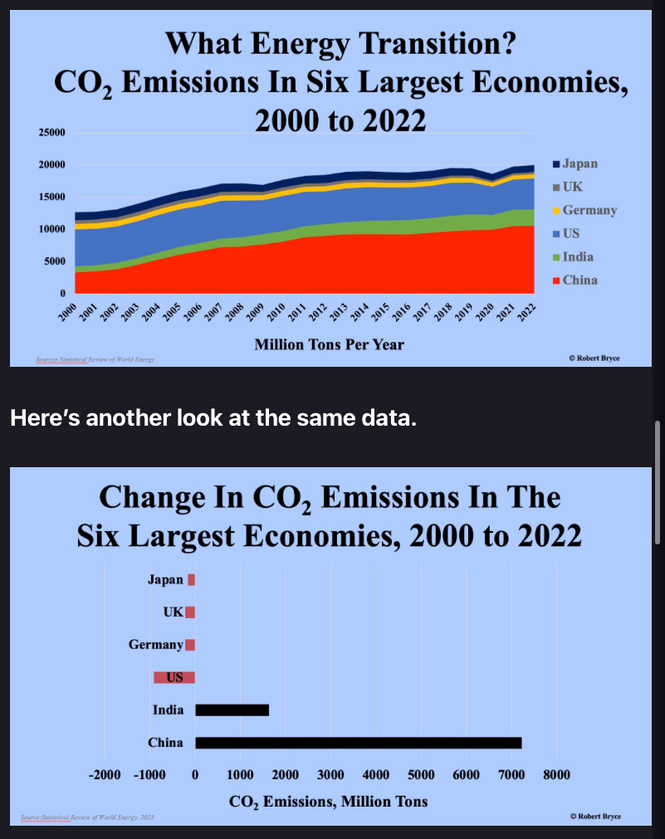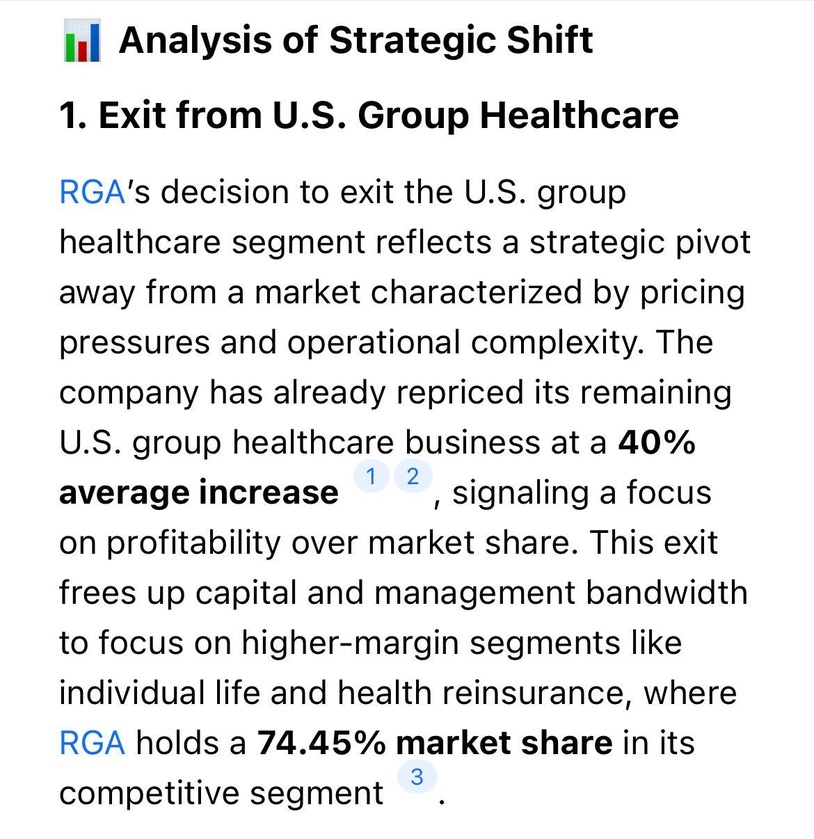
We know what’s coming and we are prepared.
Some 70,000 people are expected to attend the meeting in Dubai. That’s twice the number that attended COP27 last year in Egypt. The surging number of attendees shows that the business of climate change, is, well, a business. As my friend, Roger Pielke Jr., observed on Sunday:
Climate is now a full-scale industry, with fortunes and careers to be made, and perhaps lost. That in itself is not necessarily good or bad — health, defense, finance and so on are also industries. It goes with the territory of being an important policy and political issue. Along with the climate industrial complex comes massive vested interests, ranging from the financial to the professional to the political.
Roger also reported on a new study by Masahiro Suzuki, Jessica Jewell, and Aleh Cherp. (If you haven’t subscribed to Roger’s Substack, you should do so now.) The study found that despite all the hoopla around climate meetings, they’ve had little discernible impact on energy policy. Here are the critical lines from the report (as with the above, emphasis is added):
Climate policies are often assumed to have significant impacts on the nature and speed of energy transitions...We find that climate policies have so far had limited impacts: while they may have influenced the choice of deployed technologies and the type of transitions, they have not accelerated the growth of low-carbon technologies or hastened the decline of fossil fuels. Instead, electricity transitions in the G7 and the EU have strongly correlated with the changes in electricity demand.
This guy wrote a 25 line Python script he claims "can probably unredact all of the Epstein files in less than 30 seconds".
"I am not suicidal, I am a great swimmer, and I look forward to living my life well into my 80s."
Follow @RealWideAwakeMedia for more content like this!
Merch: https://wideawake.clothing
X | YT | IG | Rumble
US / Iranian Conflict
Raising to AmCON 3 (Incident Probable)
Due to the following: deteriorating negotiations between the United States and Iran; the surge in the past 48 hours of “final stage” US military assets into the Middle East; vacating US personnel from bases in Syria; the “Fatwa” issued last summer by Iranian clerics in the Summer of 2025 calling Muslims around the world to rise up if Iran is attacked; the numerous reports of Iranians who have infiltrated the US southern border in recent years and the warnings of “sleeper cells” in the United States, AmRRON is raising the AmCON one level, to Level 3 (Incident Probable).
AmRRON Special Guidance and Instructions:
AmRRON will remain at AmCON 3 until further notice, and we will continuously be monitoring the situation. Additional changes to the AmCON level, and any special instructions or guidance, will be posted here, as well as through the AmRRON member Telegram Channel, the AmRRON Corps Z-Net, and the AmRRON Mobile Team App....

If you’re a parent, this should make your stomach drop!
Every year, millions of families across America proudly display school photos of their children.
On refrigerators. In picture frames. Sent to grandparents and relatives across the country.
But here’s what most parents are never told…
Those school photos are taken by Lifetouch — the largest school photography company in America.
Lifetouch is owned by Shutterfly.
Shutterfly was acquired by Apollo Global Management.
And Apollo Global Management was co-founded by Leon Black — a name that appears in the Epstein files.
That means millions of children’s images are uploaded into databases every single year by a corporate structure tied to someone connected to Epstein.
Let that sink in!
https://vxtwitter.com/i/status/2019500982997041332
























